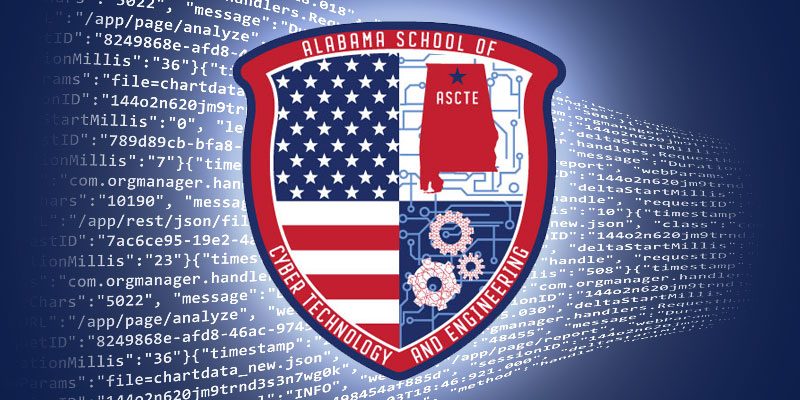With the lowest unemployment in the Southeast, Alabama’s workforce demands continue to grow. Job creators all over the state are working diligently to hire and train new employees as their workforce needs surge.
What is great news for the booming Alabama economy also creates new challenges for employers seeking skilled job applicants.
The Alabama Community College System has successfully created a program to meet this challenge.
“Across Alabama, the demand for short-term, customized, non-credit training for business and industry continues to exceed the state’s current training capacity,” said Alabama Community College System Chancellor Jimmy H. Baker. “Alabama’s community colleges across the state are at the table with business and industry leaders to identify solutions to the state’s workforce needs.”
Alabama’s community colleges have served hundreds of companies with non-credit training programs and job attainment skill delivery. But there is more work to be done when it comes to fulfilling Alabama industry’s workforce preparedness needs.
That’s why ACCS has developed Regional Rapid Training Centers (RRTCs) in strategic locations across the state.
RRTCs will focus on rapid, industry-required, non-credit training determined by the region’s workforce needs.
Expanding this needed training will also help the state more easily meet its attainment goal of adding 500,000 newly credentialed employees to the workforce by 2025.
Successfully meeting a need
To find an example of a solution-based approach, look no further than the Heavy Equipment Operator program at Jefferson State Community College.
Conversations with industry leaders identified that often new equipment operators took up to two weeks of on-the-job training to learn basic operations before being able to learn company-specific skills. With industry leaders at the table helping to design curriculum, the Heavy Equipment Operator program was customized to ensure students completing the program would enter the job market with mastery of basic safety and operation skills in addition to 8 hours of ‘seat time’ or actual operation time with the equipment.
“The Heavy Equipment Operator program at Jefferson State is a prime example of identifying a need and working with industry to address it in a timely manner through a short-term training solution yielding qualified, certified students who are ready to work on day one,” said Baker.
Demand for more
Job-seeking Alabamians have a myriad of options when searching for a well-paying career, but industry-recognized credentials are often necessary for high-demand occupations. Short-term, trade-specific training can open employment options for job seekers in a matter of weeks.
Rapid, customizable training can be used to up-skill Alabamians as well as re-train those who have lost their jobs. The workforce demands of business and industry are dependent upon the future growth of training solutions that work.
Alabama’s community colleges will continue to partner with private sector employers to ensure Alabama can meet its workforce goals. Funding and support for short-term, industry-specific training is vital for the current and future growth of Alabama’s economy.








